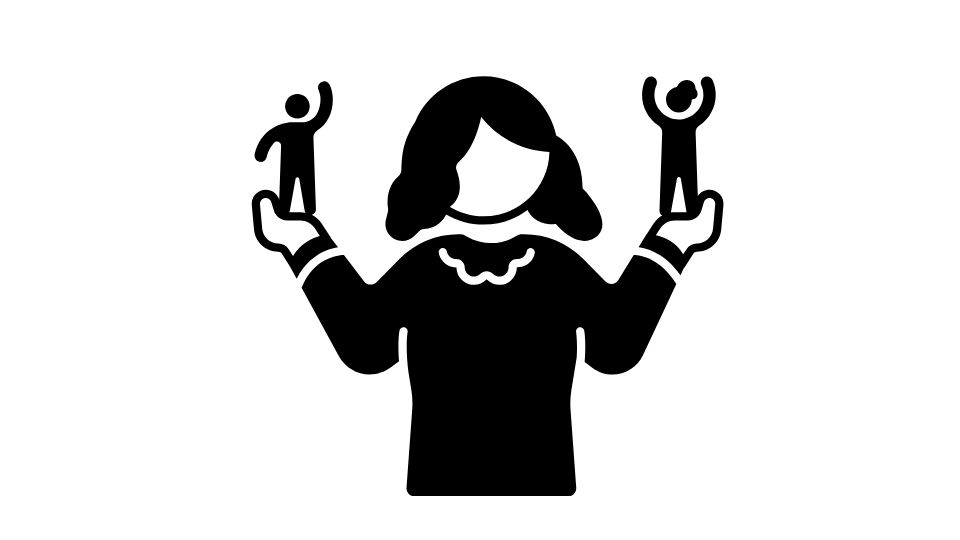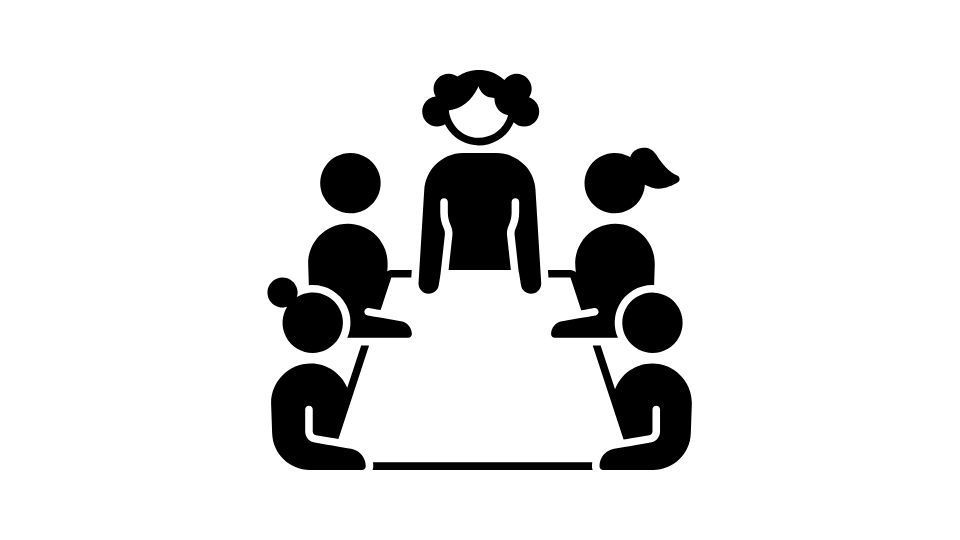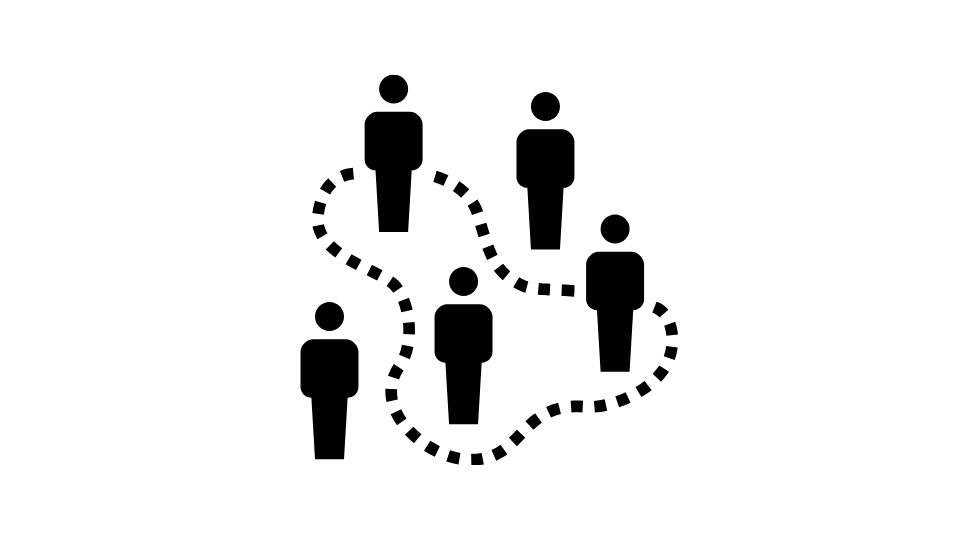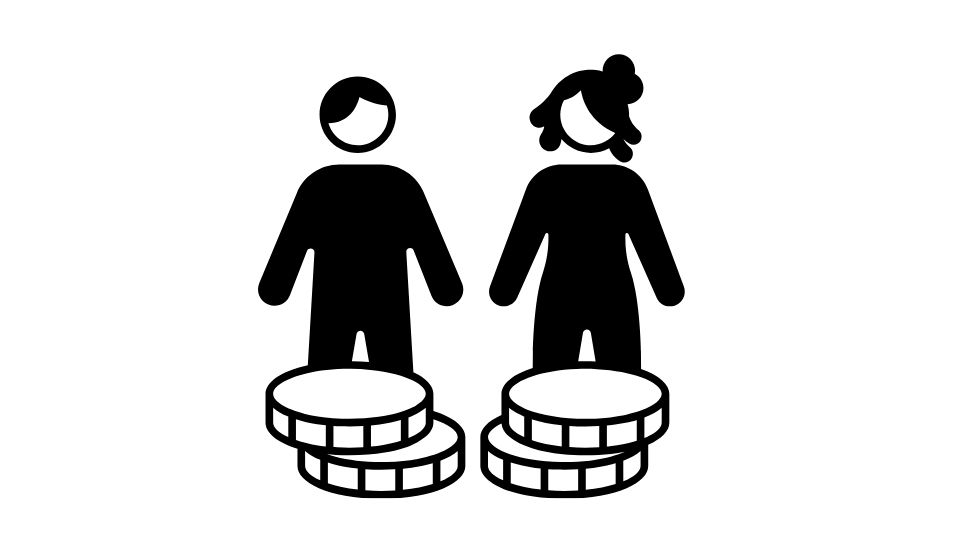Banking on Your Future: Is a Career at Major Banks Right for You?
Working at a major bank can be an incredible career path for many people. Why? These institutions offer stability, growth potential, diverse roles, and the chance to be part of influential organizations that literally move money around the world.
But let’s be real – banking isn’t for everyone. The hours can be long, the pressure intense, and you’ll need to constantly adapt to new technologies and regulations.
So should you pursue a banking career? Let’s break it down.

The Banking Career Landscape
Major banks offer a massive variety of roles across different departments and specializations. This isn’t just “banker jobs” anymore.
At Fifth Third Bank, for example, you can work in consumer banking helping everyday people with their finances, commercial banking serving businesses, or specialized functions like audit, credit, and legal roles.
Similarly, Capital One has positions spanning traditional banking, risk management, project management, and cutting-edge digital banking focused on innovation and user experience.
The variety might surprise you:
- Consumer/retail banking
- Commercial banking
- Investment banking
- Risk management
- Compliance
- Technology & digital
- Finance & accounting
- Wealth management
- Operations
Growth Opportunities That Actually Exist

Unlike some industries where “growth opportunities” is just a phrase in the job listing, banks actually invest heavily in developing talent.
Wells Fargo runs comprehensive internship and development programs specifically designed to prepare fresh graduates for long-term banking careers. U.S. Bank has built a culture around supporting employees to grow both personally and professionally.
Why do banks care so much about development? Simple – banking is heavily regulated and requires deep expertise. They need to grow their own leadership pipeline of people who understand the complexities of the industry.
The Skills You’ll Need (And Develop)
Banking has evolved dramatically. It’s not just about counting money anymore (was it ever?).
Today’s banking world is where finance meets technology. Think of it as “fintech from the inside.” Banks are desperately trying to modernize while startups are trying to disrupt them – making for an interesting career dynamic.
Modern banking roles often require:
- Technical literacy – understanding data, platforms, and systems
- Data analysis – making sense of customer behaviors and market trends
- Digital product skills – improving banking apps and online services
- Risk assessment – balancing opportunity with potential downsides
- Regulatory knowledge – navigating the complex rules of finance
Product analysts in digital banking teams combine customer experience expertise with technical knowledge. Credit underwriting roles now blend AI models with human judgment. Even traditional roles now have a heavy tech component.
The Culture: Structured But Intense

Bank culture tends to be more structured than your average tech startup. There’s a clear hierarchy, defined career paths, and formal training programs.
The upside? You’ll know exactly what you need to do to advance. The downside? It can feel bureaucratic if you’re used to more flexible environments.
According to Vault’s 2025 rankings, top investment banks like Goldman Sachs, Morgan Stanley, and JP Morgan Chase offer unmatched deal experience and powerful alumni networks. But they’re also known for demanding hours and high-pressure environments.
Some smaller boutique banks offer faster responsibility and sometimes better work-life balance, giving alternatives within the banking world if you find the major players too intense.
The Pros and Cons of Banking Careers

The Good Stuff
1. Competitive Compensation
Let’s not dance around it – banking pays well, especially in investment and commercial banking. Entry-level analyst positions at major banks can start at $85,000-$95,000 base salary plus bonuses. As you move up, compensation grows substantially.
2. Clear Career Progression
Banking has clearly defined career paths. You’ll typically know exactly what you need to achieve to move to the next level.
3. Brand Power
Having a major bank on your resume opens doors. The training and experience you gain are respected across industries, making it easier to pivot to other finance roles, consulting, or even fintech if you decide to leave.
4. Global Exposure
Major banks operate worldwide, potentially offering opportunities to work internationally or on cross-border projects. This global perspective is valuable throughout your career.
The Challenges
1. Work-Life Balance Struggles
Banking is notorious for long hours, especially in investment banking. While the industry has made efforts to improve, expect to work harder than many of your friends in other industries.
2. Constant Change
The banking industry faces ongoing disruption from fintech, changing regulations, and evolving customer expectations. You’ll need to continuously update your skills and adapt to new technologies.
3. High Pressure Environment
Banking involves high stakes – you’re dealing with people’s money and livelihoods. This responsibility creates pressure, especially during economic downturns or market volatility.
4. Need for Specialization
Generic career paths don’t work well in banking. You’ll need to develop specialized expertise and demonstrate measurable impact to advance.
Is Banking Right For You?
You Might Thrive in Banking If:
- You’re analytical and detail-oriented
- You work well under pressure
- You’re comfortable with structure and processes
- You value financial stability and clear career progression
- You’re interested in the intersection of finance and technology
- You enjoy continuous learning and adapting to change
You Might Want to Look Elsewhere If:
- You need a laid-back work environment
- You strongly value work-life balance above career advancement
- You prefer creative, unstructured work environments
- You’re uncomfortable with corporate hierarchies
- You want to see immediate impact from your work
Making Your Decision: Hat, Haircut, or Tattoo?

Is banking a hat decision (easily reversible), a haircut decision (medium commitment), or a tattoo decision (long-term commitment)?
I’d call it a haircut decision.
You can certainly leave banking if it’s not for you, but the years you invest will shape your career trajectory. Many people who start in banking stay within the broader financial services industry, even if they leave traditional banks.
That said, banking provides transferable skills in analysis, client management, and understanding financial markets that are valuable in many industries. The financial services sector continues to evolve, creating new opportunities for those with banking backgrounds.
If you’re interested in banking, start by researching specific banks and roles. Each institution has its own culture and strengths. Some focus on technology innovation, others on client relationships or specific market segments.
Talk to people currently working at banks (LinkedIn is great for this) and consider starting with internships to test the waters before diving in fully.
Remember – your first job won’t be your last, and the skills you build in banking can take you in many different directions throughout your career. The financial industry’s transformation means that banking experience today could position you well for the emerging roles of tomorrow.
Banking isn’t just a job – it’s a foundation for understanding how money moves through the world. And that knowledge never goes out of style.




